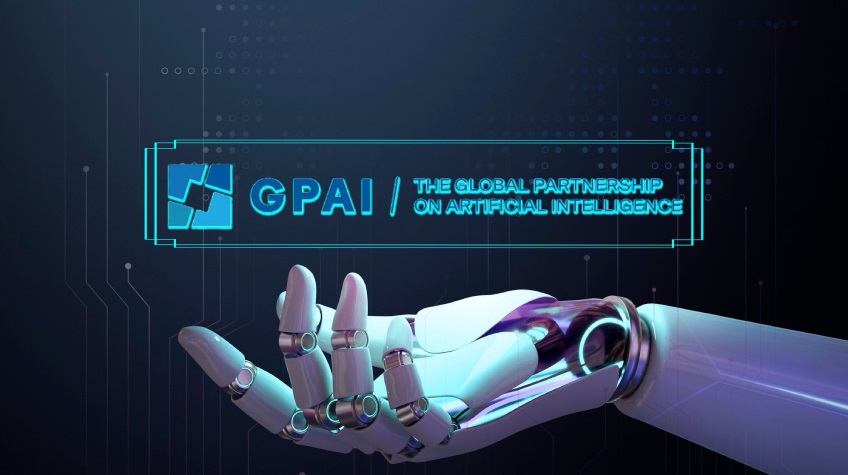
Introduction
In a historic moment at the GPAI summit hosted by India, representatives from 28 countries and the European Union adopted the ‘New Delhi Declaration.’ This ministerial declaration marks a crucial step towards shaping the GPAI responsible AI development and deployment of artificial intelligence (AI) globally.
What is the Declaration?
The New Delhi Declaration is a set of principles that reaffirm GPAI member countries’ commitment to the responsible stewardship of trustworthy AI. Rooted in democratic values and human rights, these principles aim to guide the ethical use of AI technologies. The declaration emphasizes the importance of a human-centered approach and sustainability in the development and deployment of AI.
Key Points of the Declaration
i. Democratic Values and Human Rights: The declaration underscores the significance of democratic values and human rights as foundational elements in the development and deployment of AI. This commitment ensures that roles of AI technologies align with human rights and ethical standards.
ii. Promoting Trustworthy, Responsible, Sustainable, and Human-Centered AI: The GPAI member countries commit to fostering AI technologies that are trustworthy, responsible, sustainable, and human-centered. This reflects a dedication to ethical AI practices that consider the impact on society over time.
iii. Inclusive Movement: The New Delhi Declaration reinforces the inclusive nature of GPAI. It recognizes the importance of involving countries from the Global South, ensuring that the benefits of AI are accessible to people worldwide. Senegal’s recent inclusion in the GPAI steering committee exemplifies this commitment to inclusivity.
GPAI Responsible AI Benefits and Impact on the World
i. Global Collaboration for Responsible AI
➪ Addressing AI Challenges Collaboratively: The New Delhi Declaration reflects a collective commitment to addressing challenges associated with AI deployment. By acknowledging concerns around misinformation, unemployment, transparency, fairness, and human rights, GPAI member countries are taking proactive steps to mitigate these issues collaboratively.
➪ Harnessing OECD Resources for Effective Governance: GPAI member countries recognize the importance of leveraging the Organization for Economic Co-operation and Development (OECD) resources. By pooling these resources, the member countries aim to find the best possible solutions for the deployment and governance of AI, ensuring responsible and effective use.
ii. Sustainable Agriculture as a Thematic Priority
➪ Recognition of India’s Contribution: A noteworthy aspect of the New Delhi Declaration is acknowledging India’s contribution to making agriculture a thematic priority for AI. The declaration expresses support for AI innovation in sustainable agriculture, showcasing the potential of AI to address critical global challenges.
iii. Expanding Global Reach
➪ Inclusive Approach to Lower and Middle-Income Countries: Hiroshi Yoshida, Japan’s Vice-Minister for Policy Coordination, emphasizes the importance of including lower and middle-income countries in GPAI. The commitment to inclusivity is crucial for the mission of GPAI, ensuring that the benefits of AI are democratized globally.
The New Delhi Declaration is a significant milestone in the global AI ethics and governance discourse. By committing to responsible AI development and deployment, GPAI member countries are paving the way to harness AI for the greater good, guided by democratic values and respectful of human rights. The declaration’s inclusive approach and thematic priorities underscore the potential for AI to contribute positively to global challenges, making it a pivotal moment in the evolution of AI governance on the world stage.






